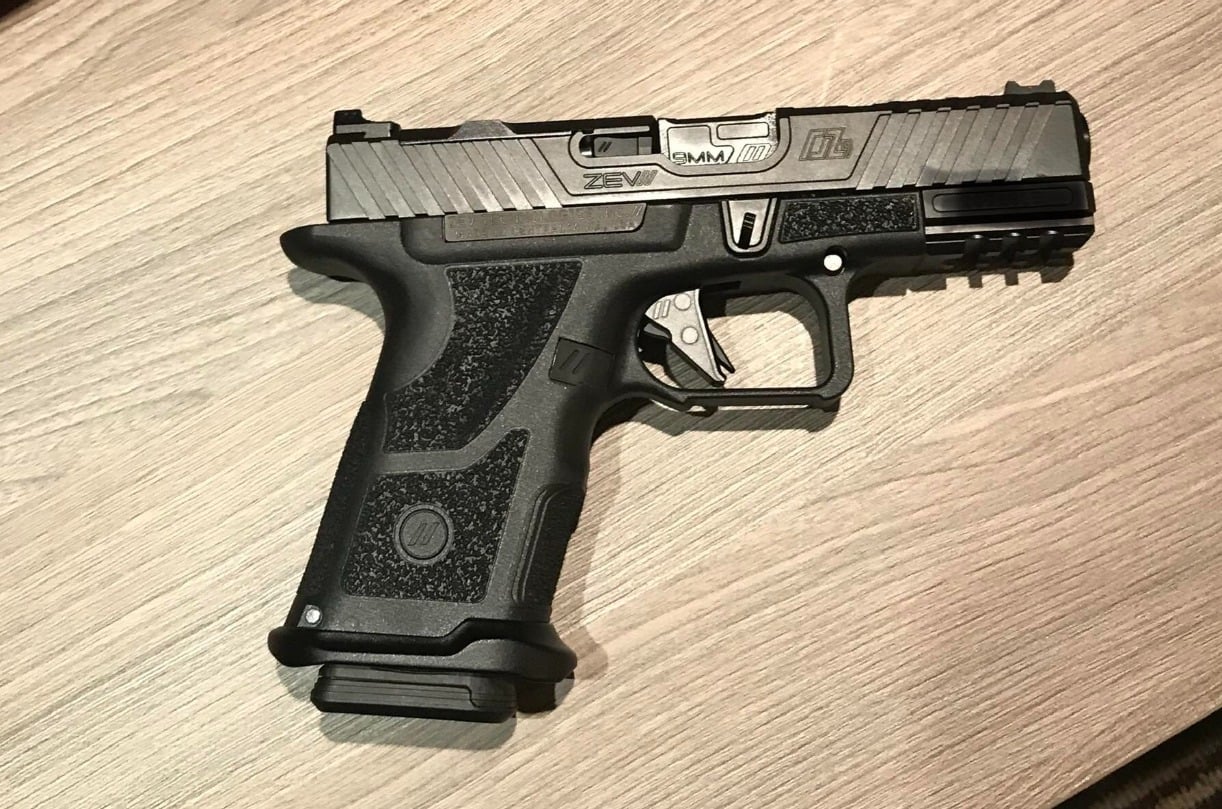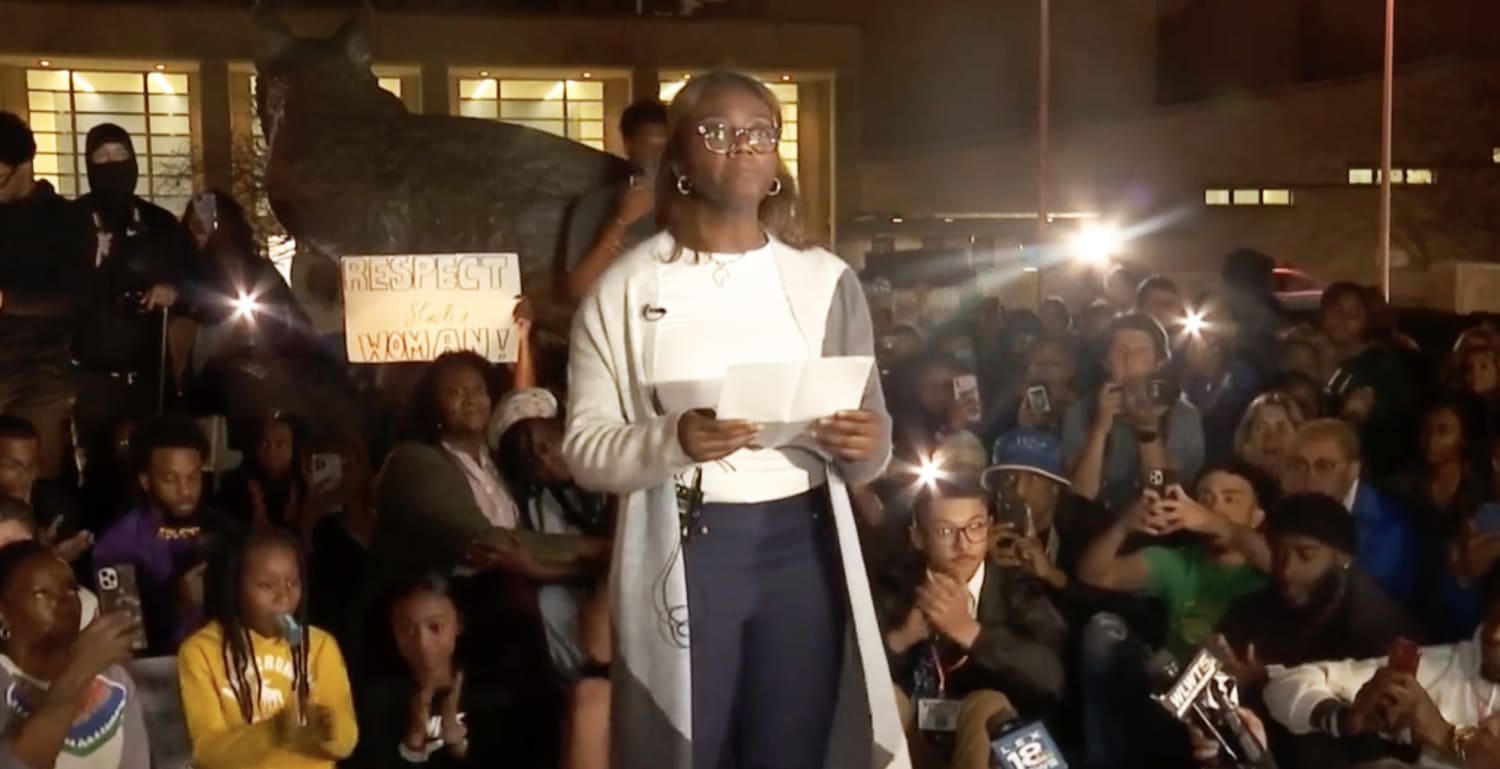Assault 2nd Degree Maryland - Second-degree assault is one of the most common felonies in Maryland. Any confrontation that escalates into a physical confrontation that does not result in serious bodily harm can be charged with second-degree assault. Domestic violence cases are second degree assault cases handled by our attorneys. But we see quite a few bar fights and neighborly arguments that get ugly and end up with second-degree assault charges for everyone.
Our team has extensive experience in second degree assault cases ranging from arguments between strangers to confrontations with the police. Baltimore Assault Defense Attorney Randolph Rice breaks down second degree assault laws and facts you may not know.
Assault 2nd Degree Maryland

Assault in the second degree is a crime that causes injury or harm to another person. Assault in the second degree is legalized in Section 3-203 of the Maryland Penal Code. It was the lesser of two assault charges in Maryland, the other a first-degree assault.
Two Suspects Remain At Large After An Assault In Salisbury, Maryland
If someone uses an object or part of their body to make abusive physical contact with another person, it can be considered second degree assault, unless it is accidental.
Second-degree assault charges include assault and/or battery. Second-degree assault is the lowest of two possible assault charges in Maryland. First-degree assault is a more serious charge. Police and prosecutors often charge an individual involved in a serious physical altercation with first- and second-degree assault, especially if the fight escalates from a second-degree case to a first-degree case.
These three distinctions do not change the underlying crime, they are merely theories the state can advance when trying to prove a crime.
Intimidation is a type of second-degree assault. If a person intentionally threatens another person by causing immediate physical contact or physical harm, that person may be charged with second-degree assault. A commercial example of the intent to intimidate a potential harasser is running toward someone.
Easton Man Pleads Guilty To Second Degree Assault; Sentenced To Three Years Supervised Probation
A person who assaults or attempts to assault may be charged with second-degree assault, even if the person never touches the other person. Attempted battery is attempting to assault or physically harm another person. For example, if person A tries to hit person B but misses, then person A tries to hit person B.
The terms "battery" and "assault" are used interchangeably. Assault is abusive physical contact with another person and is therefore second degree assault. While you may often hear the terms "assault and battery" used interchangeably, they are not separate criminal charges. Examples of battery include punching, kicking, hitting, or even spitting on another person.
Those convicted of second-degree assault face up to 10 years in prison. In addition to a ten-year prison sentence, second-degree assault in Maryland carries a maximum fine of $2,500.

Second degree assault penalties vary based on the facts of the case, the judge and the state attorney's recommendation. Maryland second degree assault attorneys have experience weighing the punishment that individuals face based on the specific circumstances of the case. We are also in a good position to negotiate with prosecutors and fight for a fair verdict in court.
Lexington Park Man Sentenced To 2 Years In Jail For Assault In Domestic Violence Case
Second degree assault is often classified as a misdemeanor in Maryland. Only one type of second-degree assault is classified as a felony. In Maryland, second-degree assault is a felony if the victim is a law enforcement officer and causes physical injury.
If both conditions are met, second-degree assault is a felony, punishable by a maximum sentence of ten years in prison and a $5,000 fine. Aggravated assault in the second degree cannot be dismissed.
If an individual is charged with a second offense of assaulting a law enforcement officer, the judge or jury may face criminal charges if they find that the officer suffered bodily injury. "Physical injury" means bodily harm if the law enforcement officer is the victim and does not include minor injury to the law enforcement officer.
State's attorneys can dismiss assault charges, but they usually don't drop charges until a trial. If the victim and defendant agree to drop the charges, the state may drop the lawsuit. However, the decision to dismiss an assault charge is largely at the discretion of the state attorney handling the case.
Criminal Lawyer Baltimore
There are different defenses to a second offense in Maryland. Under Maryland law, a person charged with second-degree assault can raise several defenses, including:
Syder v. State - 210 Md.App 370 - One of the questions presented in this case was ``Whether the appellant's convictions for first and second degree assault against Randy and Mary Ray were sufficient to plead guilty?''
Thompson v. State - 229 Md.App 385 - This case discussed second degree assault with intent to intimidate the subject.

Second degree assault charges are complex and involve witnesses, credibility, and extrinsic factors to be presented at trial. With the help of an experienced criminal defense attorney in Baltimore, you may have a legal defense to win your assault case. If you are facing a second degree assault charge in Maryland, call Rice, Murta & Psouras at (410) 431-0911 to schedule a free consultation. Have you been charged with second degree assault in Maryland? Criminal charges are serious and can result in lengthy prison terms. Without the help of an experienced defense attorney, you could face jail time, probation, fines, and court costs. If you have been charged, speak with a second degree assault attorney in Maryland today and learn how we can defend you.
Update: West Virginia Man Charged In Three Fatal Shootings At Maryland Plant
The second degree assault statute can be found in Maryland Penal Code Section 3-203. Call Attorney Randolph Rice at (410) 431-0911 if you experience or believe you may be charged with assault.
Under Maryland law, second-degree assault is a felony. Second degree assault is classified as a crime against a person. In order to bring an assault charge, there must be a victim of second degree assault. Maryland second degree assault attorney Randolph Rice explains everything you need to know about assault in Maryland.
Second-degree assault is a felony for battery and battery. If a person touches or attempts to touch another person without lawful or lawful permission, they face criminal liability. Touching can take any form, such as hitting, punching, spitting, slapping, slapping, or any other form of contact or attempted contact with another person.
In Maryland, second-degree assault is defined as battery or attempted battery. For purposes of understanding assault in Maryland, there are three situations in which a person can be charged with assault. These are:
Maryland Running Back Wes Brown Arrested For 2nd Degree Assault, Theft And Illegal Use Of A Wiretap
In one of these cases, a person is charged with second-degree assault. In each case, the state must prove that you committed all the elements of the crime in order for a judge or jury to find you guilty.
In Maryland, second-degree assault is classified as both a misdemeanor and a felony. To determine whether you have been charged with a felony or misdemeanor, you must determine the victim classification and the victim's injuries in the case.
The maximum penalty for second-degree assault in Maryland is 10 years. However, fines vary depending on the victim and the circumstances of the injury in the case.

The prison time you receive for second degree assault in Maryland varies depending on the facts and outcome of the case. If the defendant is not found guilty, the state dismisses the charges, or if the Stet is entered, the defendant will not be sentenced to prison for the assault.
Questions & Answers About Assault Charges In Maryland
If the defendant is found guilty or sentenced to life in prison, the court may sentence the defendant to 10 years in prison. It's hard to say how long a person will get for second degree assault because it varies from judge to judge and depends on the facts and injuries of the case. Another factor taken into consideration is the defendant's criminal record. A person with no criminal record has a better chance of spending little or no time in prison than someone with a felony conviction.
A second degree felon can go to jail. The length of the sentence varies depending on the criminal history of the offender and the facts of the assault, the extent of the victim's injuries, etc.
First-degree assault carries a maximum penalty of 25 years in prison, and second-degree assault carries a maximum penalty of 10 years in prison.
In order for a state to prove first-degree assault, they must first show sufficient evidence that second-degree assault occurred and that a weapon was used to attack or that the defendant(s) intended to cause serious injury. commission. from attack.
Trappe Man Arrested On Rape Charges Following Sexual Assault Investigation
Yes, the offensive secondary can be lost at Maryland, but it depends on the outcome. It can be Nolle prosequi, Stet, chap and PBJ
Second degree assault washington state, 2nd degree assault sentence, 2nd degree aggravated assault, 2nd degree assault mn, 2nd degree assault, 2nd degree assault definition, 3rd degree assault washington state, 4th degree assault washington state, 2nd degree felony assault, 4th degree assault washington, what is assault 2nd degree, 2nd degree assault charges

















